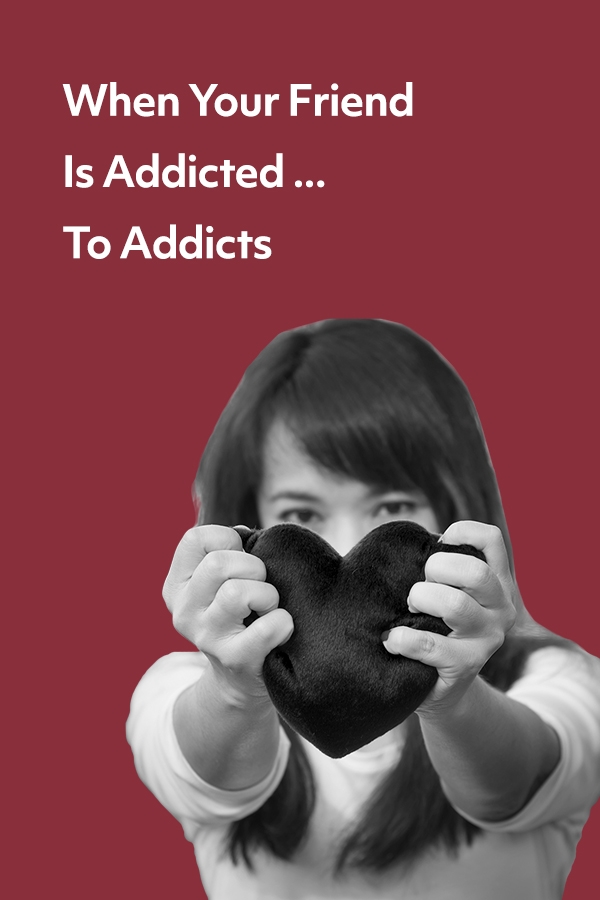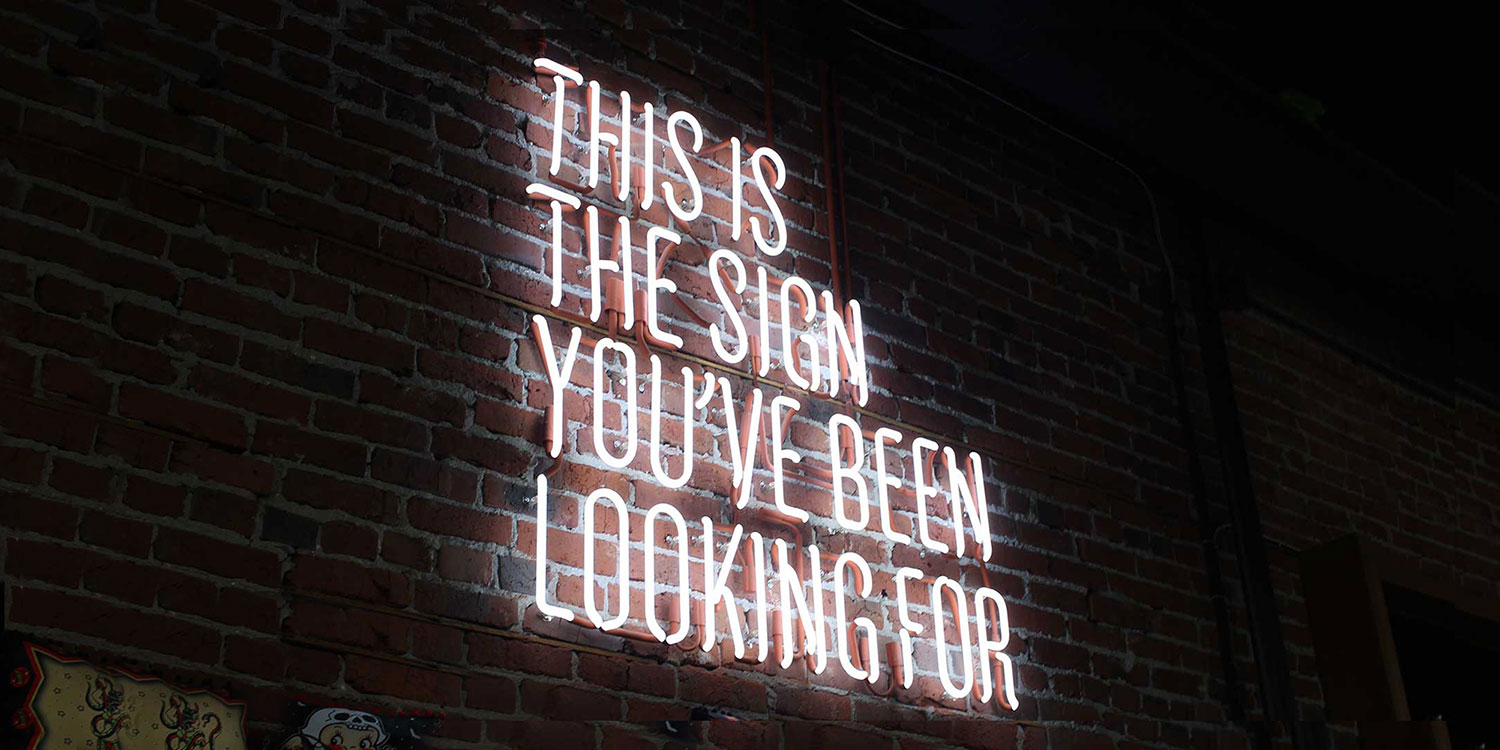Content warning: This piece describes dangerous and/or triggering situations, as experienced and witnessed by the author.
B stood by a sand dune in Watch Hill, Rhode Island in 2001, frantically calling her boyfriend. He was a drug dealer/ user who lived with his children’s mother. He wasn’t picking up. She borrowed all of our phones to see if he would pick up from a different number. He finally picked up when she called from my boyfriend’s phone (he was a customer). My boyfriend and I huddled under a towel doing bumps of cocaine safe from the ocean breeze.
B wasn’t addicted to cocaine—she was addicted to us.
“Everyone just needs to let me make my own mistakes,” she’d say.
Just like my addiction, her own disease progressed rapidly.
It took me years to recognize the damaging pattern.
Fifteen years later, as B’s live-in boyfriend was off to rehab or jail for the umpteenth time, I called a mentor, confused. What would it take for her to leave? The last time I’d visited, her boyfriend had offered me fentanyl for a migraine I’d had the week before and then disappeared on a three-day crack binge.
“Well,” my 12-step sponsor said, “what is it going to take for you to get and stay sober?”
She had a point. I would start to get better and feel like I was skiing down a black diamond slope, hurtling out of control. My only option, it seemed, was to crash to make it stop.
B broke up with him when he was very publicly arrested and charged with running a drug factory—but only because he was caught with a prostitute. She’d later tell me she’d come home sometimes to him having covered the house with plastic sheeting in crack paranoia, threatening to murder her.
That nobody knew about. But the whole town could see the paper and know that he was cheating.
By now—against all odds—I’d gotten sober. B started therapy and going to the gym, but this quickly devolved into lying to her therapist, starving herself by eating only half a Greek salad a day, and starting a long-distance romance with a guy she knew from childhood in Wyoming, where she had family.
Any time he didn’t text back right away she’d dysregulate until she was sent home from work. If 12 hours went by without him responding, she’d call me hysterical.
“He ghosted me!”
It wasn’t until he passed out on the phone in the middle of breaking up with her that she told me he was an alcoholic. There was a permanent breathalyzer on his car. When his daughter’s mom, whom she lived with, died of cancer, the daughter went to live with her grandparents. He wasn’t legally allowed to care for his child or even to see her without a chaperone.
When B freaked out about being ghosted before a trip to visit him, I reassured her that she could come visit me instead, not expecting it to come to that.
I was nine months sober for the first time, about to take myself to Italy and Greece, a dream twenty years in the making.
And then it did come to that. Despite the hole in my stomach, I was able to stop my trauma from making the decision. 48 hours out, I told her that I couldn’t host. I saw later on Facebook that she showed up on his doorstep to a terrible scene.
Slowly, I realized that enabling a person with addiction hurts everyone involved.
We didn’t speak for a year, until I made an amends to B. We met outside a coffee shop briefly before she flew to see her most recent boyfriend. He couldn’t come to her—he doesn’t believe in wearing masks.
It came to a head when I stayed with her while in town for work in August, ditching the hotel room I’d been given by the comedy club in favor of spending quality time with my oldest friend.
B didn’t come to any of my shows that weekend, despite not having seen me perform in many years. My best friend.
Saturday morning, we drove from Connecticut to Parker’s Maple Barn in New Hampshire. He FaceTimed her for maybe the 20th time since I’d gotten in on Thursday. B picked up—and stayed on the call for 45 minutes while driving on the Mass Pike in the rain. I was frozen in fear. It was ten in the morning where he was, and he was so drunk at work that he’d been sent to sit in his car.
“Wow,” she said. “Your boss should know better than to call you after nine am on a Saturday. Obviously, after the long week you’re going to let loose.”
In the morning, I went to Dunkin’ Donuts while I thought she was sleeping. Instead, she was on FaceTime again. When I returned, she’d moved the call to the back deck. An hour went by, the ice melting in her coffee.
I walked out to the deck and shouted, “Hey! Your friend is here!”
“Who?”
“Me!”
Why was I still doing this to myself? Because she was my enabler, too. I knew she would make any self-destructive thing I wanted to do—even using again—seem okay.
Our friendship protected the part of me that wanted to seek sickness rather than health.
I detached from the codependent cycle
It is invaluable but often uncomfortable having friends that take your best interests as part of their own and lovingly call you out on your bullshit. Other than B, I no longer had any other kind.
I consulted my trusted advisors and came to understand that we needed to talk, and the conversation needed to be about how I felt and not about her actions.
What I said was this: “I love you. We have been friends for a very long time. But it is too triggering for me to watch you date someone in active addiction who isn’t interested in doing anything about it.”
I listened while she made her excuses and ended the call. I haven’t heard from her since. I know setting this boundary was the right thing, but I feel a lot of grief too. Boundaries are dialectal in that way.
In my darkest moments, I told myself that I’d ended a 26-year friendship because I didn’t like her boyfriend. The next month I was a guest on a recovery podcast. I told the story framing it as something I needed to do to stay sober despite the fact that I felt guilty—an example of putting recovery first.
One of the hosts reframed it. “You set a boundary. She walked away from the friendship.”
As a sober fellow I know says, “Recovery (from addiction to people, food, or substances) is not for people who need it or want it. It’s for people who do it.”
Should that day come for B, I hope she knows that my door is open.









